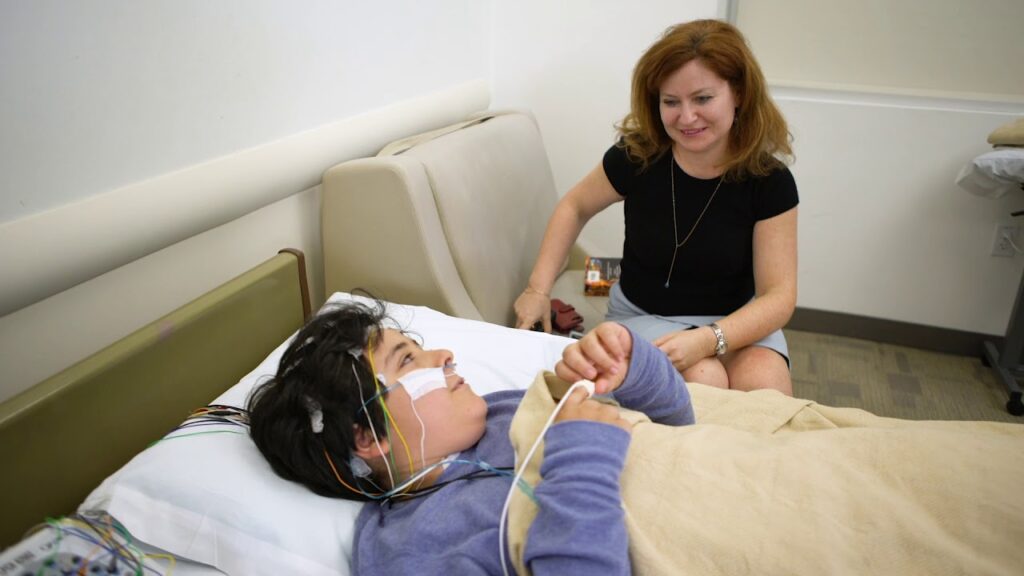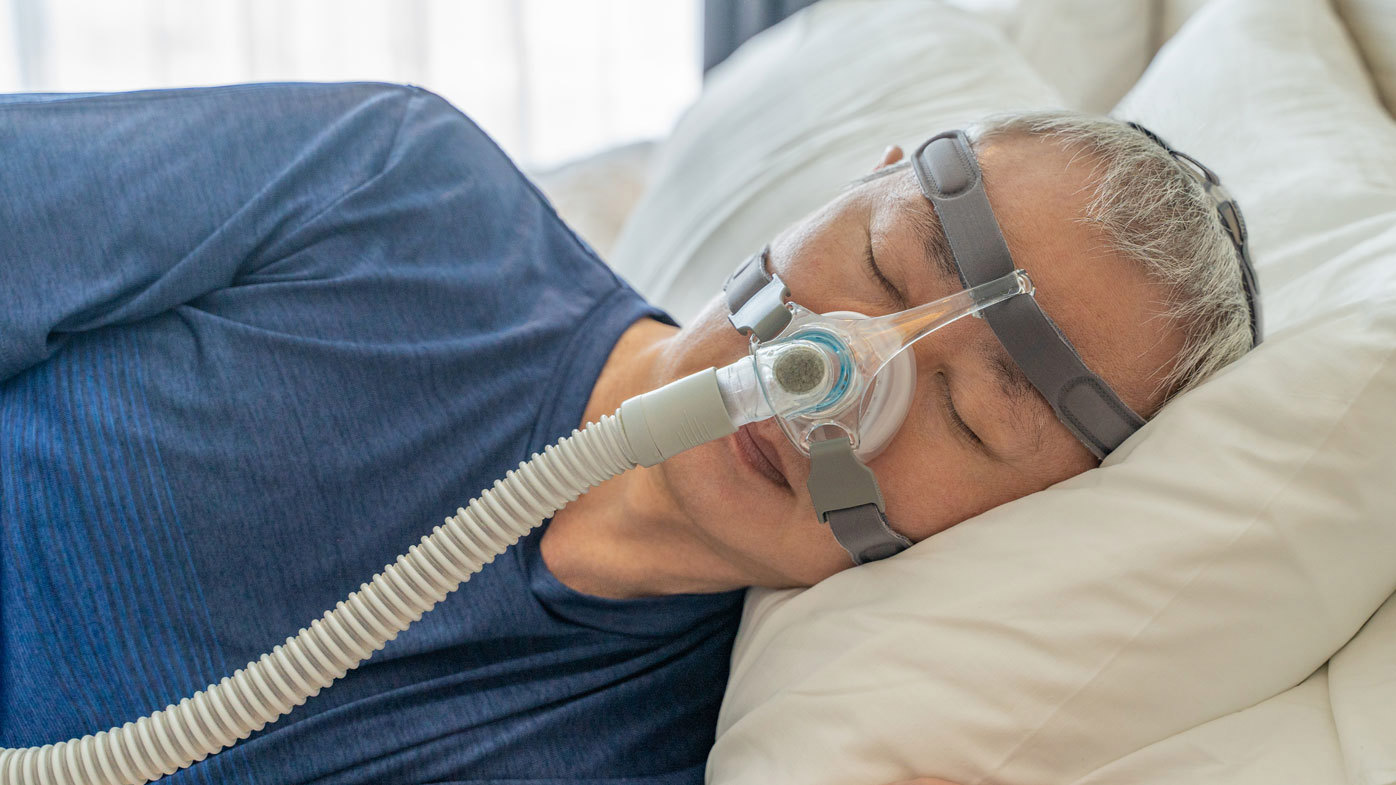Sleep studies, also known as polysomnography, are essential for diagnosing various sleep disorders, including sleep apnoea, insomnia, and restless leg syndrome. In Adelaide, the cost of undergoing a sleep study can vary significantly based on several factors, including the type of study, the facility, and whether you have private health insurance. This article aims to provide a comprehensive overview of the costs associated with sleep studies in Adelaide, helping individuals make informed decisions about their sleep health.
Understanding Sleep Studies
Before delving into costs, it is crucial to understand what a sleep study entails. A sleep study is a comprehensive test that records various body functions during sleep, including brain activity, eye movement, heart rate, and breathing patterns. This information helps healthcare professionals diagnose sleep disorders accurately.
In conclusion, the Adelaide sleep study cost can vary significantly based on several factors, including the type of study, the facility, and insurance coverage. Understanding the costs involved and preparing adequately can help individuals navigate the process more effectively. Whether opting for an in-lab study or a home sleep test, the ultimate goal is to achieve better sleep health and improve overall well-being.

Types of Sleep Studies
There are primarily two types of sleep studies: in-lab studies and home sleep tests. In-lab studies are conducted in a sleep clinic, where patients are monitored overnight. These studies provide a detailed analysis of sleep patterns and are often recommended for complex cases.
On the other hand, home sleep tests are less invasive and can be done in the comfort of one’s home. While they are generally more convenient, they may not provide as comprehensive data as in-lab studies. The choice between the two often depends on the suspected condition and the recommendations of the healthcare provider.
Factors Influencing Cost
The cost of a sleep study in Adelaide can be influenced by several factors. The type of study is a primary consideration, as in-lab studies tend to be more expensive due to the resources and personnel involved. Additionally, the specific clinic or hospital where the study is conducted can impact pricing. Some facilities may charge more due to their reputation, location, or the technology they use.
Furthermore, whether or not the patient has private health insurance can significantly affect out-of-pocket expenses. Many insurance plans cover part or all of the costs associated with sleep studies, but this varies widely among providers.
Cost Breakdown of Sleep Studies in Adelaide
Understanding the cost breakdown can help individuals prepare financially for a sleep study. Here is a general overview of the expected costs associated with different types of sleep studies in Adelaide.

In-Lab Sleep Studies
In-lab sleep studies typically range from £1,000 to £2,500. This price usually includes the overnight stay, monitoring equipment, and analysis of the data collected. Some clinics may also charge additional fees for consultations or follow-up appointments, which can further increase the total cost.
It is advisable to inquire about the specific services included in the quoted price. Some facilities may offer packages that encompass the initial consultation, the sleep study itself, and a follow-up consultation to discuss results and treatment options. Read more about treatment on https://www.result4addiction.net/what-is-treatment
Home Sleep Tests
Home sleep tests are generally more affordable, with costs ranging from £300 to £800. These tests require patients to wear a portable monitoring device while they sleep at home, which records essential data for analysis. The lower cost is attributed to the reduced need for medical personnel and the absence of an overnight stay in a clinic.
However, it is important to note that home sleep tests may not be suitable for everyone. Patients with complex sleep disorders or those requiring comprehensive monitoring may still need to undergo an in-lab study despite the higher cost.
Insurance Coverage for Sleep Studies
For those with private health insurance, understanding the coverage for sleep studies is crucial. Many insurance plans do provide coverage for sleep studies, but the extent of that coverage can vary significantly.
What to Check with Your Insurance Provider
Before scheduling a sleep study, it is advisable to contact your insurance provider to clarify the following:
- Does the policy cover the cost of sleep studies?
- Are there specific clinics or hospitals that are preferred providers?
- What percentage of the costs will be covered, and are there any deductibles or co-pays?
- Is pre-approval required before undergoing a sleep study?
By obtaining this information, individuals can better understand their potential out-of-pocket expenses and make informed decisions regarding their sleep health.
Medicare and Sleep Studies
For Australian citizens and permanent residents, Medicare may also provide coverage for sleep studies under certain conditions. Patients must typically be referred by a general practitioner, and the study must be deemed medically necessary.
Medicare coverage can significantly reduce the financial burden of a sleep study, making it more accessible for those in need. It is essential to consult with a healthcare provider to understand the eligibility criteria and the process for claiming Medicare benefits. To find more about accessible click here.
Preparing for a Sleep Study
Preparation for a sleep study is essential to ensure accurate results. Patients should follow specific guidelines provided by their healthcare provider or the sleep clinic. Here are some common preparations to consider:
Consultation with a Healthcare Provider
Before undergoing a sleep study, a consultation with a healthcare provider is crucial. This appointment allows for a thorough assessment of the patient’s sleep patterns, medical history, and any symptoms experienced. The healthcare provider can then recommend the most suitable type of sleep study.
During this consultation, patients should discuss any medications they are taking, as some may affect sleep patterns. Additionally, lifestyle factors such as caffeine and alcohol consumption should be addressed, as these can impact the quality of sleep.
What to Expect on the Night of the Study
On the night of the sleep study, patients will be asked to arrive at the clinic at a specified time. They will typically be shown to a private room where they can prepare for sleep. The room will be equipped with monitoring devices that will be attached to the patient’s body to record various parameters throughout the night.
Patients should wear comfortable clothing and may be advised to avoid heavy meals or caffeine before the study. Understanding what to expect can help alleviate any anxiety associated with the procedure.
Post-Study Follow-Up
After the sleep study, patients will have a follow-up appointment to discuss the results and any necessary treatment options. The healthcare provider will interpret the data collected during the study and provide insights into the patient’s sleep health.
Interpreting Results
Interpreting the results of a sleep study can be complex. The healthcare provider will assess various factors, such as the number of apnoeas or hypopnoeas experienced, oxygen saturation levels, and sleep architecture. Based on these findings, a diagnosis may be made, and treatment options can be discussed.
Common treatments for sleep disorders may include lifestyle changes, continuous positive airway pressure (CPAP) therapy, or medications. The chosen treatment will depend on the specific diagnosis and the severity of the condition.
Ongoing Management
Managing sleep disorders often requires ongoing attention. Patients may need to engage in regular follow-ups to monitor their condition and adjust treatment as necessary. Maintaining open communication with healthcare providers is vital for effective management and improvement of sleep quality.
Conclusion
For those experiencing sleep difficulties, seeking professional help is crucial. A sleep study can provide valuable insights and lead to effective treatment options, paving the way for a healthier, more restful life.

